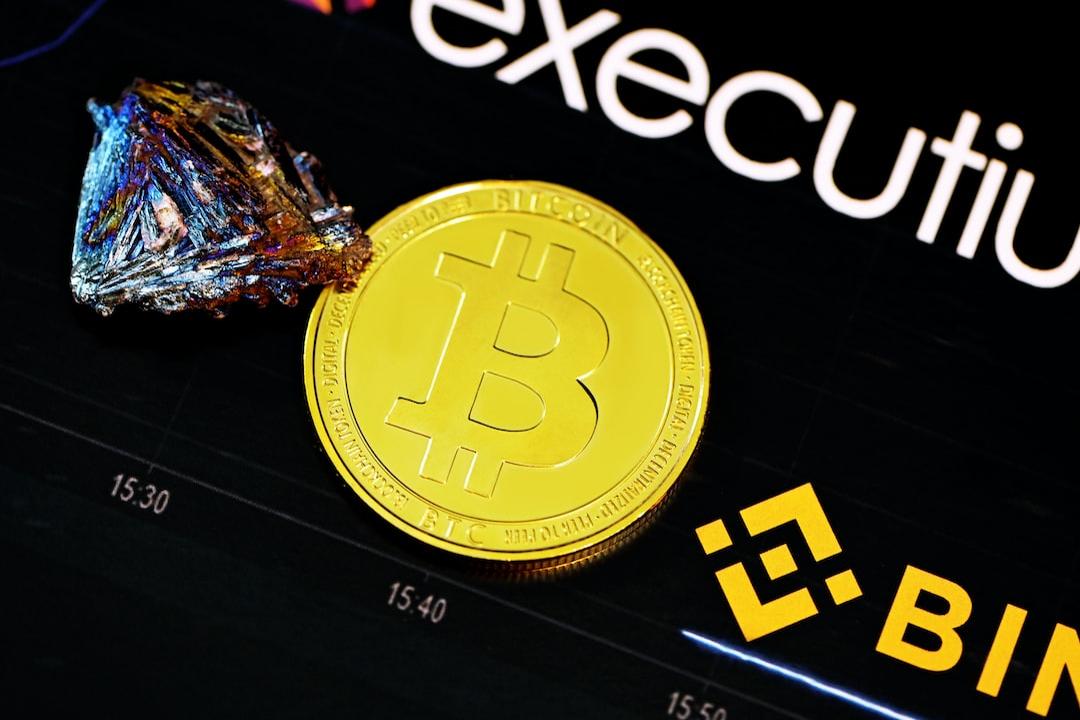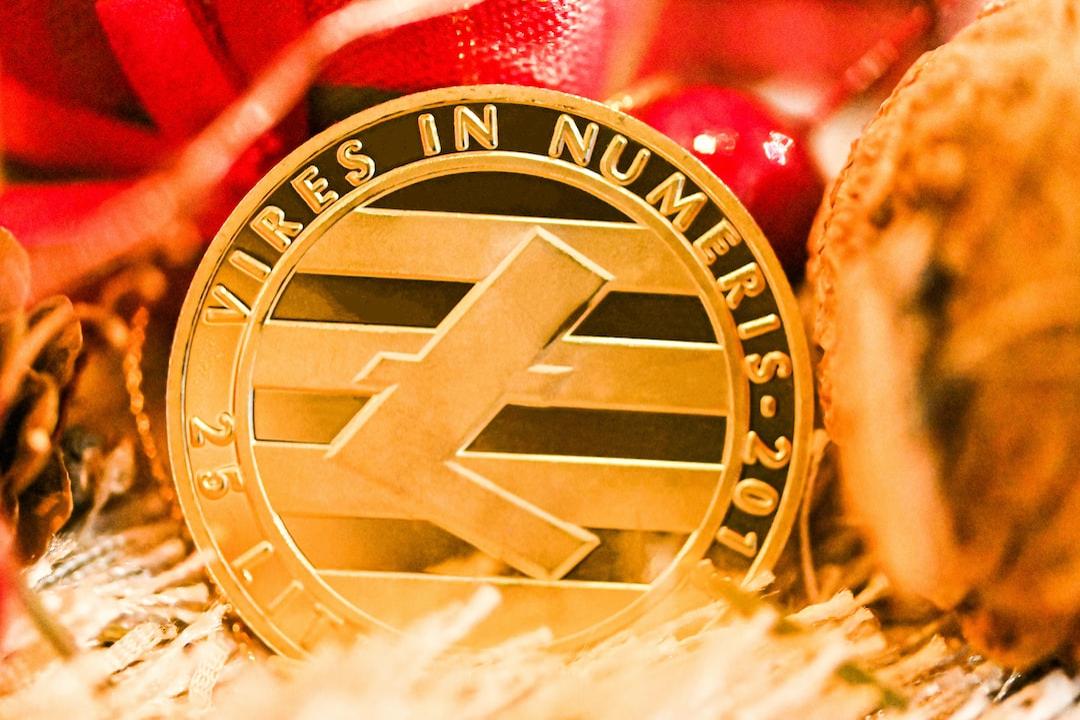Decentralized Prediction Markets Aim to Advance Science
Decentralized prediction markets gained significant traction in the crypto sector last year. These platforms accounted for $1.4 billion in market activity in 2024, with projections estimating growth to $95.5 billion by 2035, according to Metatech Insights.

Decentralized prediction markets use blockchain technology and cryptocurrency to facilitate betting on future events. These platforms rely on smart contracts and oracles to automate transactions and integrate real-world data, making them more efficient, transparent, and trustworthy compared to centralized prediction markets.
Decentralized Prediction Markets in Scientific Research
While sporting events and election outcomes have driven the popularity of decentralized prediction markets, there is a growing interest in using these platforms to predict scientific research outcomes.
Benji Leibowitz, founder of decentralized science (DeSci) platform pump.science, told Cryptonews that pump.science uses crypto-funded research to generate open-source data and transform the future of longevity research.
“Pump.science allows scientists to fund their own projects with tokens, while making that data available to the public. Users can additionally participate in prediction markets on the research outcomes,” Leibowitz said.
Most recently, pump.science partnered with Solana-based prediction market Hedgehog Markets, allowing users to bet on the outcomes of longevity experiments involving mice.
Leibowitz described one such experiment, called “RODeo,” which features weekly live-streamed tests using the rotarod device, a widely used tool for assessing mouse endurance and motor function.
“Each week, mice are administered potentially life-extending compounds and undergo endurance testing,” Leibowitz said.
Participants can access video footage of the mice, preliminary data, and insights from previous experiments to make informed predictions on which mouse will stay on the rotarod the longest.
“Our goal is for anyone to be a scientist and make predictions about experimental outcomes. If research can be gamified and entertaining, and this entertainment value can help fund its progress. Here, citizen scientists can use predictive data, like the speed the mice move around their cage, to make an informed decision on which mouse will be the fastest.” Leibowitz said.
Kyle DiPeppe, CEO of Hedgehog Markets, told Cryptonews that creators on pump.science also get a percentage of all the incorrect predictions placed on the platform.
The platform uses USD Coin (USDC) for transactions and runs on the Polygon blockchain to take advantage of its scalability and lower transaction fees.
“Users put money on which drugs or placebo will work the best, but a percentage of the incorrect predictions goes back to the creators. This incentivizes scientists to create these markets to help fund their own research,” DiPeppe explained.
Broadening Participation in Scientific Research Through Prediction Markets
DeSci platform Stadium Science is taking a similar approach by encouraging broader participation in scientific research.
Michael Fischer, founder of Stadium Science, told Cryptonews that the platform essentially lets anyone be a scientist. “The core of what we do is create prediction markets around scientific topics,” Fischer said.
For example, Stadium Science hosts competitions to see which of its users are the best sleepers, who may have the most motile sperm and how intermittent fasting affects resting heart rate, or how vitamin C impacts sleep quality.
Fischer believes that users competing with each other will enable people to strive to be their best selves, discover what works for them, and learn from others.
“There is an intermittent fasting challenge where participants follow intermittent fasting protocols to observe changes in their resting heart rate. This helps in understanding the effects of fasting on cardiovascular health,” Fischer explained.
The Role of Prediction Markets in Advancing Research
According to Fischer, the challenges hosted by Stadium Science generate unique datasets that are invaluable for scientific research.
“Prediction markets bring together a broader range of contributors,” he said. “Science thrives on interdisciplinary collaboration. Fringe knowledge areas can often lead to breakthroughs. With more people involved, science can accelerate.”
Echoing this, DiPeppe noted that having users predict which drugs are most effective on platforms like pump.science should enable more accurate data sets.
Additionally, data is streamed in real-time to Stadium Science, which may help reduce data fabrication seen in traditional science. Since the platform is fully decentralized, data generated belongs to the participants.
Challenges Hindering Adoption
Despite the benefits, there are challenges associated with prediction markets and DeSci platforms.
Fischer pointed out that proving the accuracy and utility of the data remains a major hurdle. Limited on-chain data storage capacity and the high costs of storing large datasets also pose challenges.
Additionally, legal and compliance issues must be addressed for these platforms to gain widespread adoption.
For example, privacy concerns such as the right to erase data conflict with blockchain’s immutable design.
“We believe DeSci will start with simple ‘toy’ experiments, allowing people to see their benefits and limitations firsthand,” Fischer said. “As trust and understanding grow, more complex trials will be conducted, eventually making DeSci the standard approach in scientific research.”

